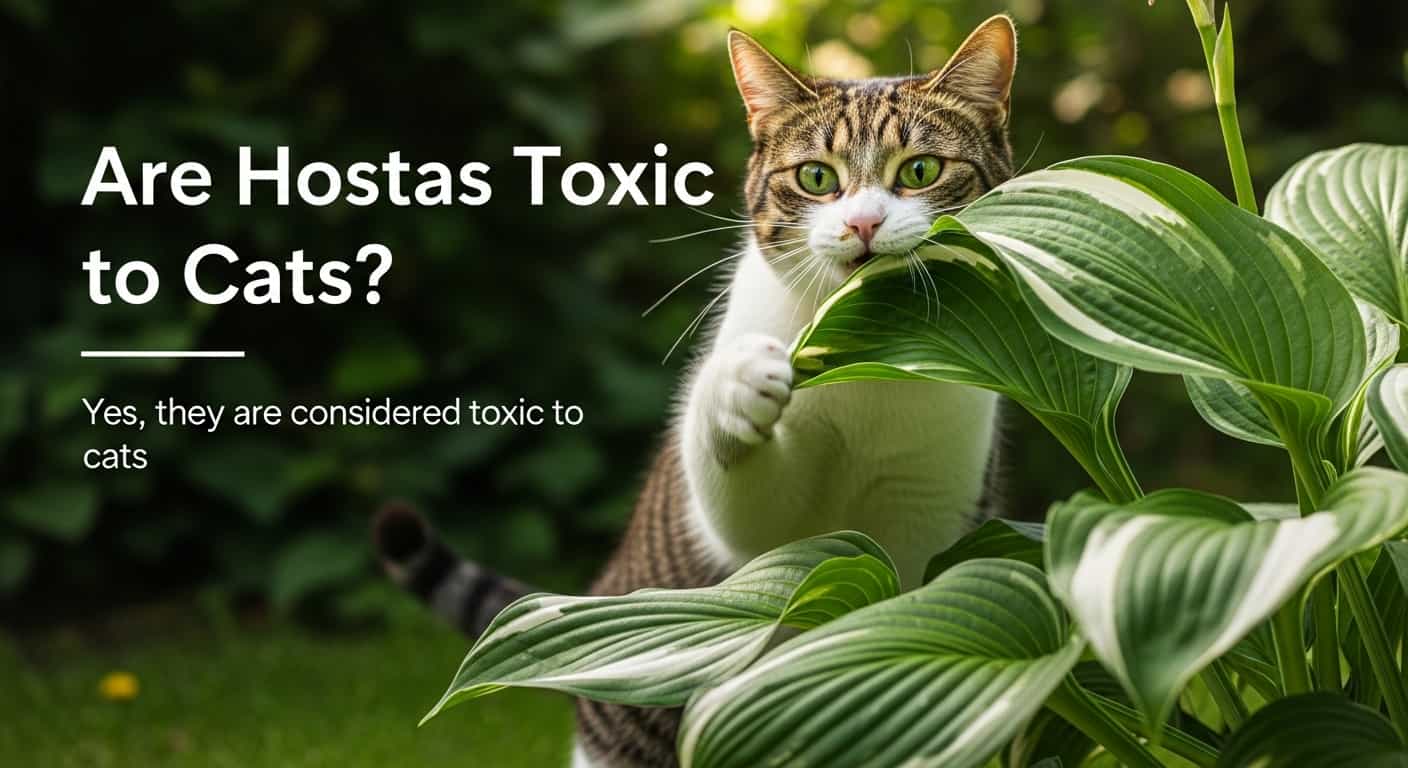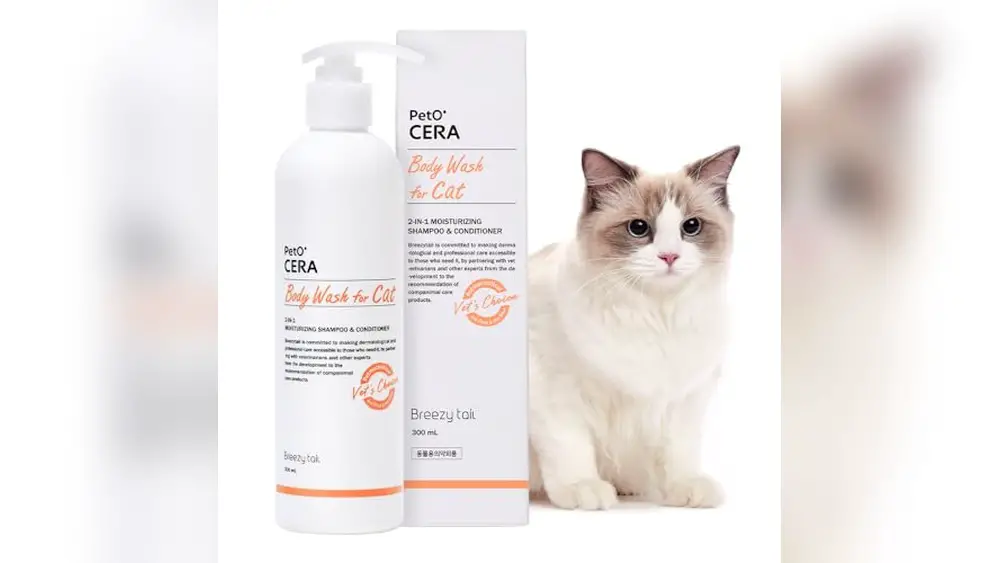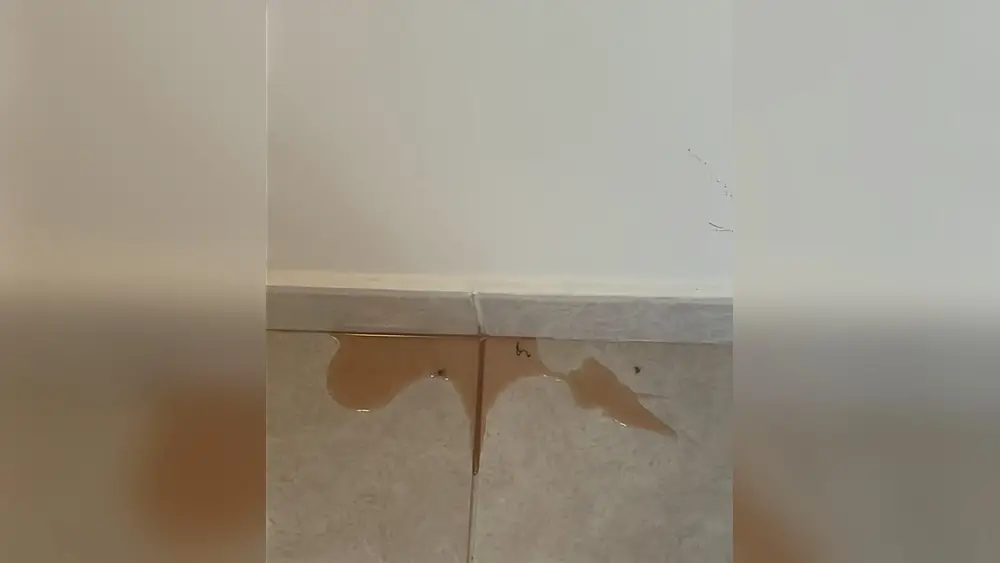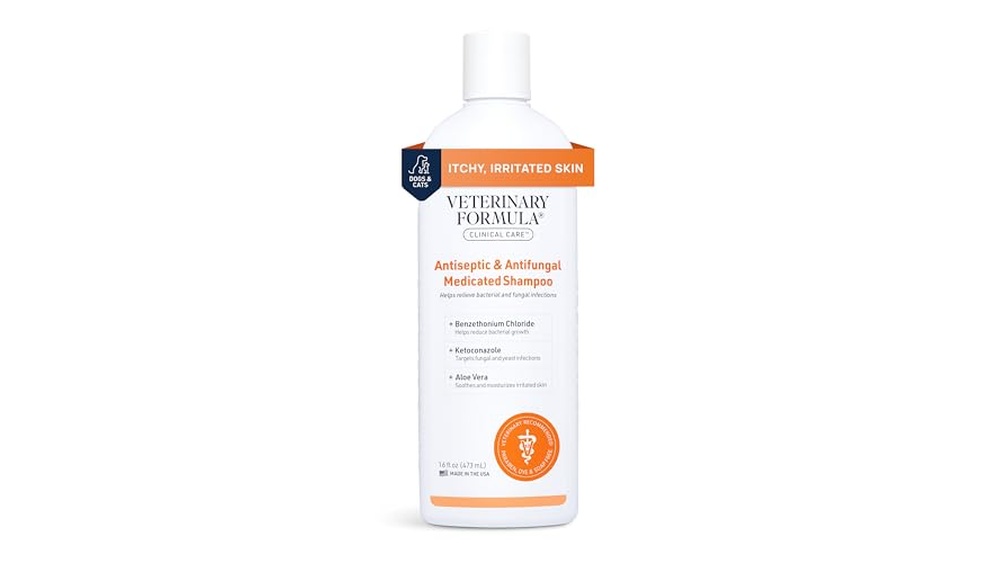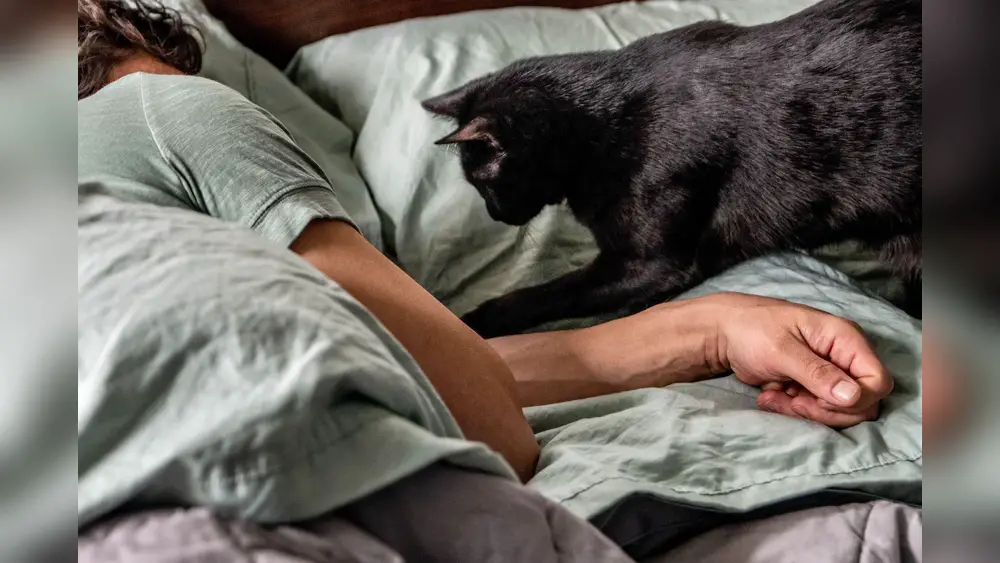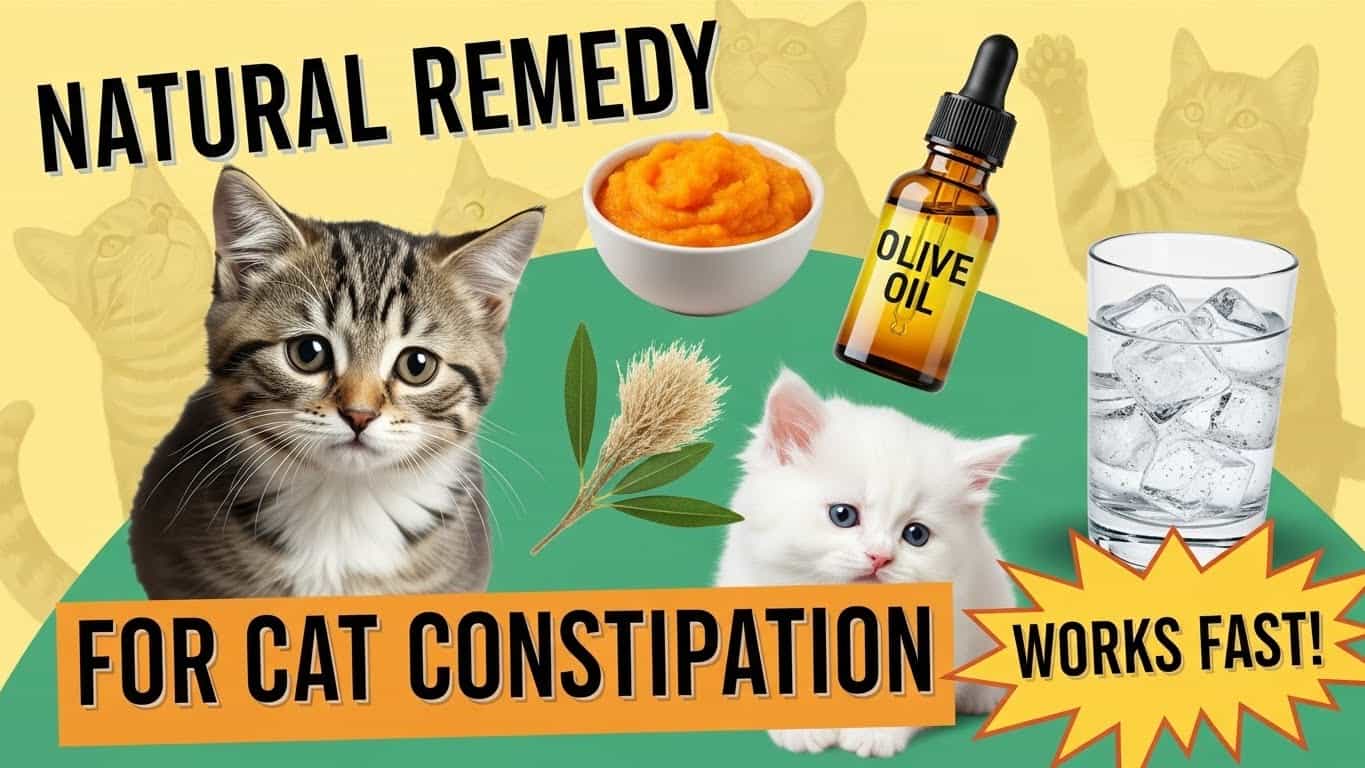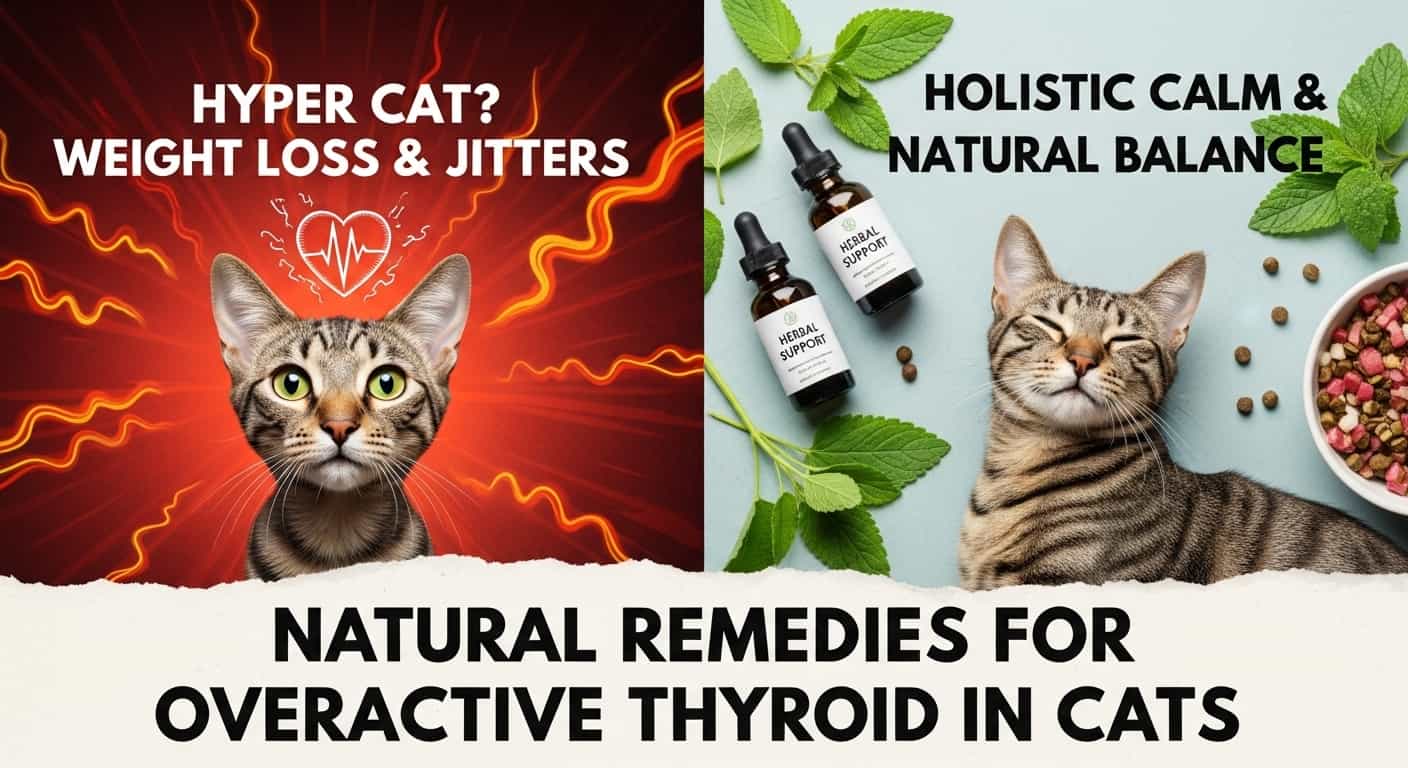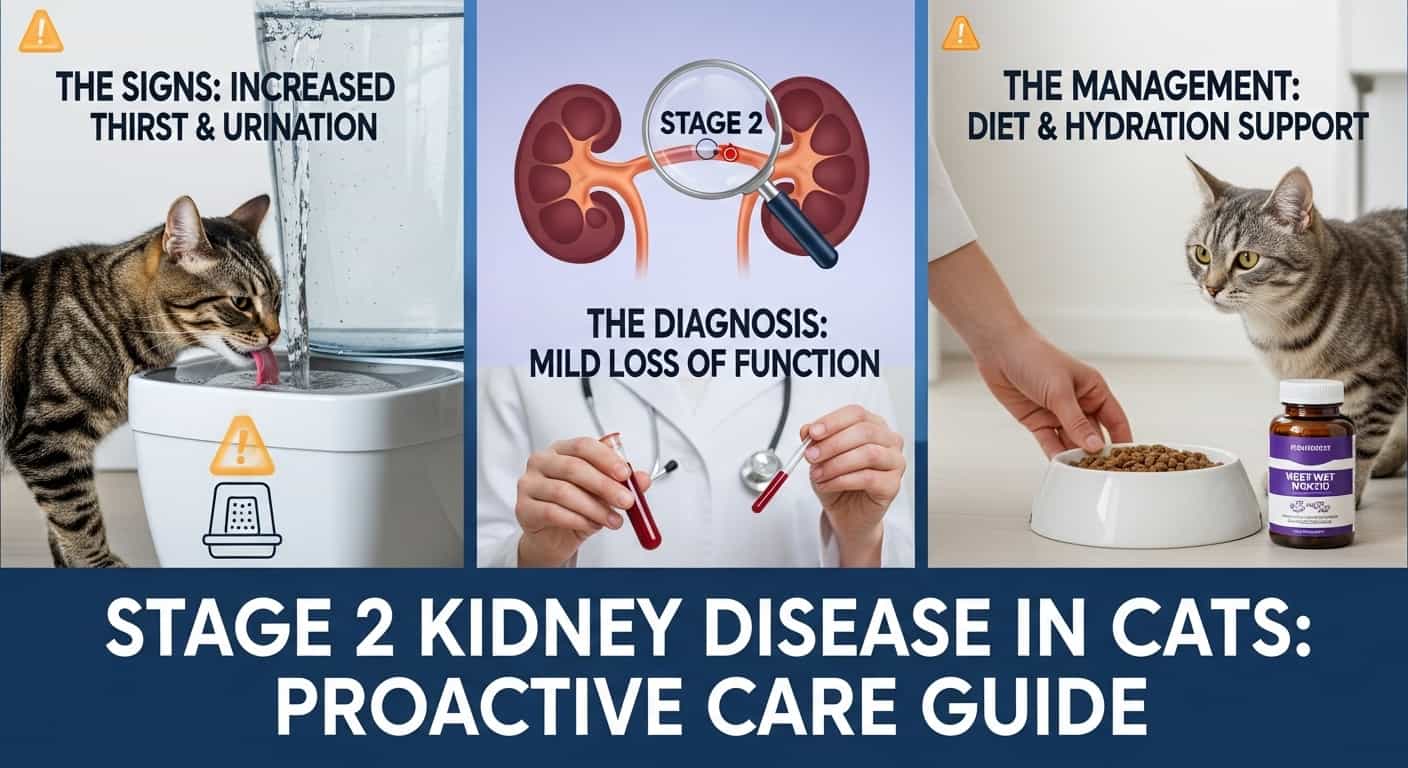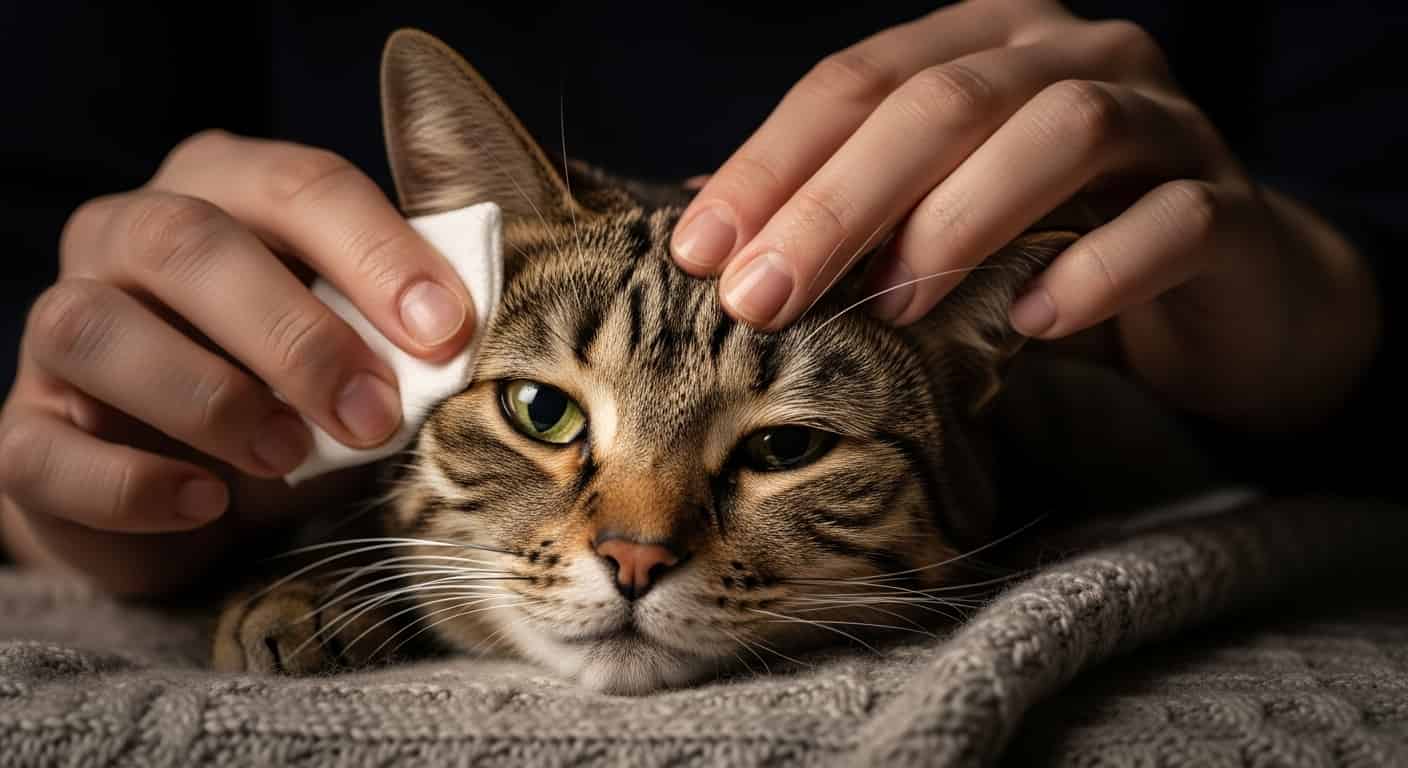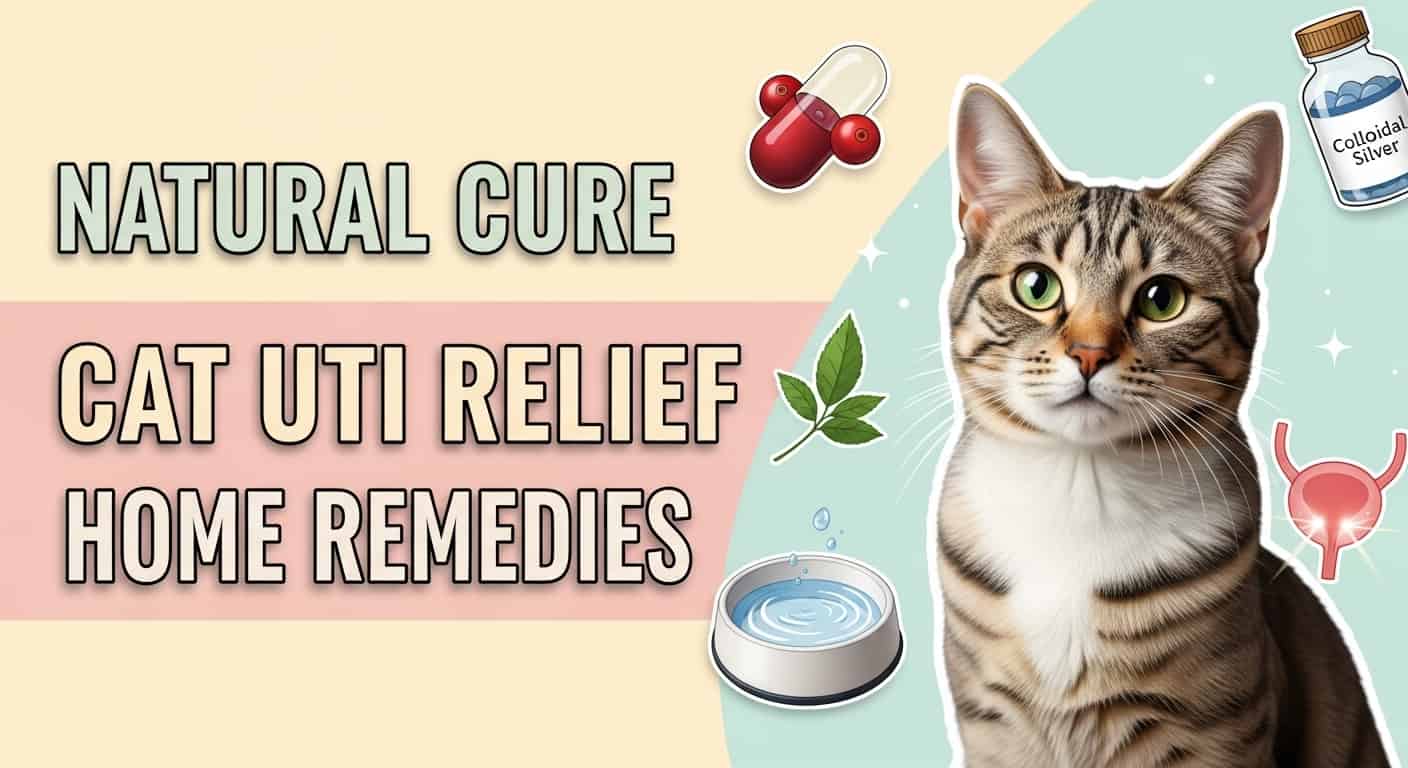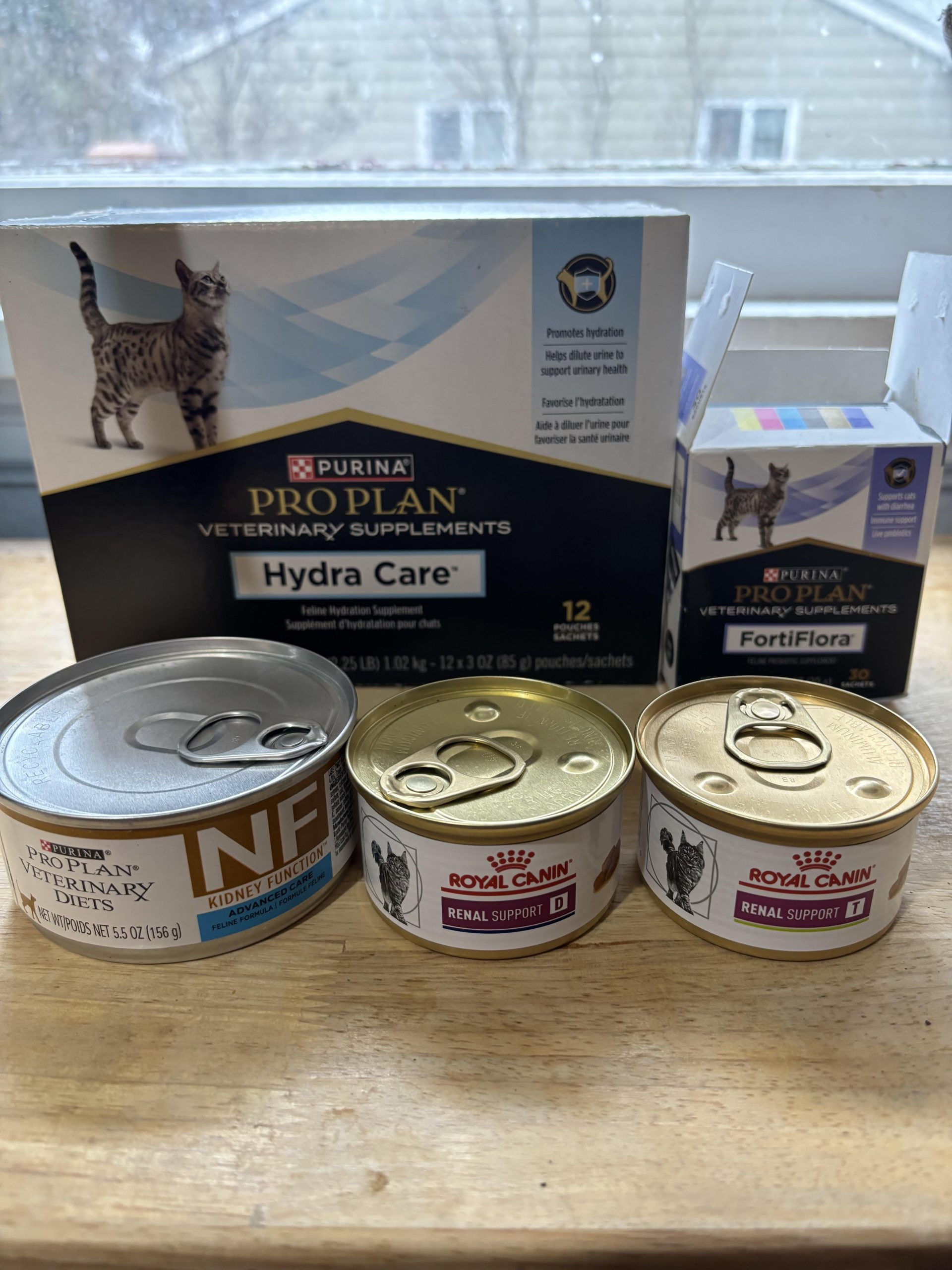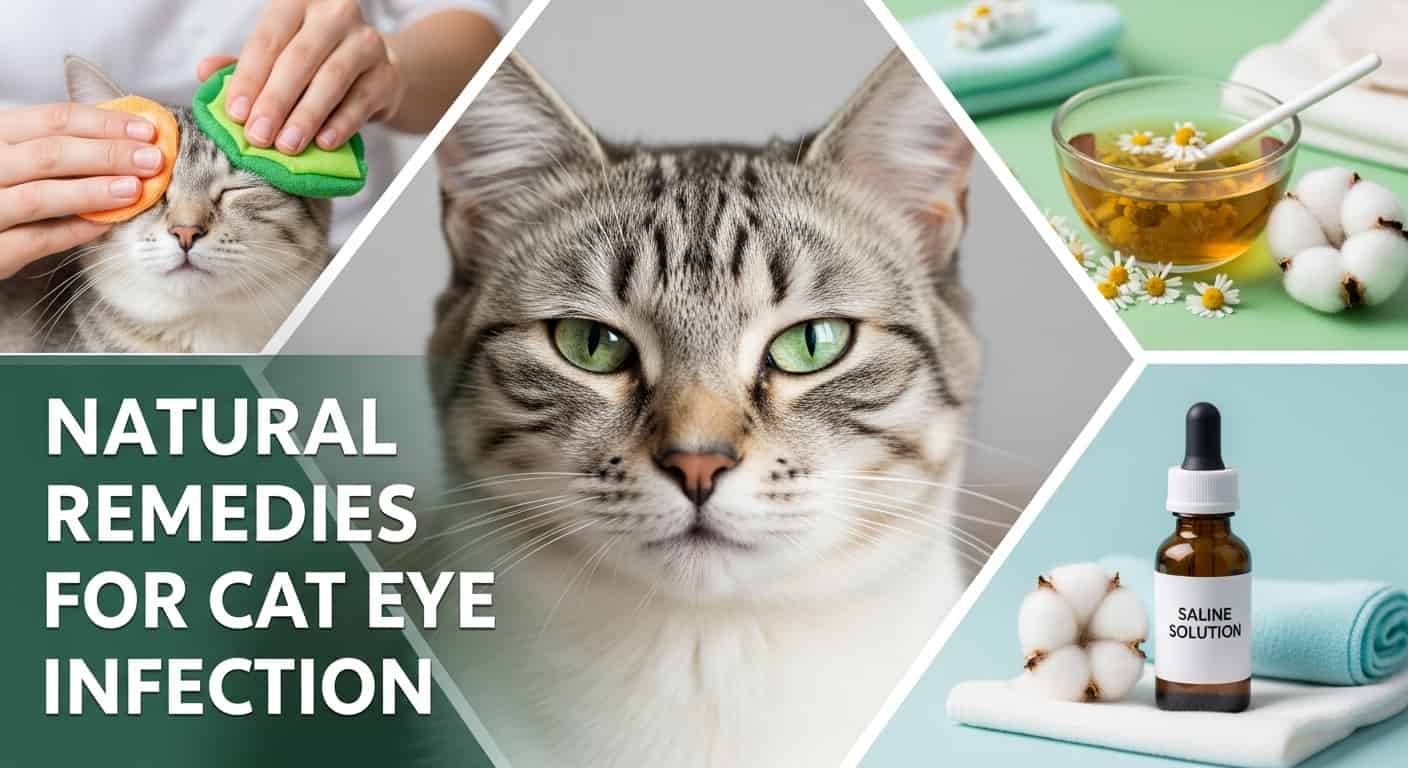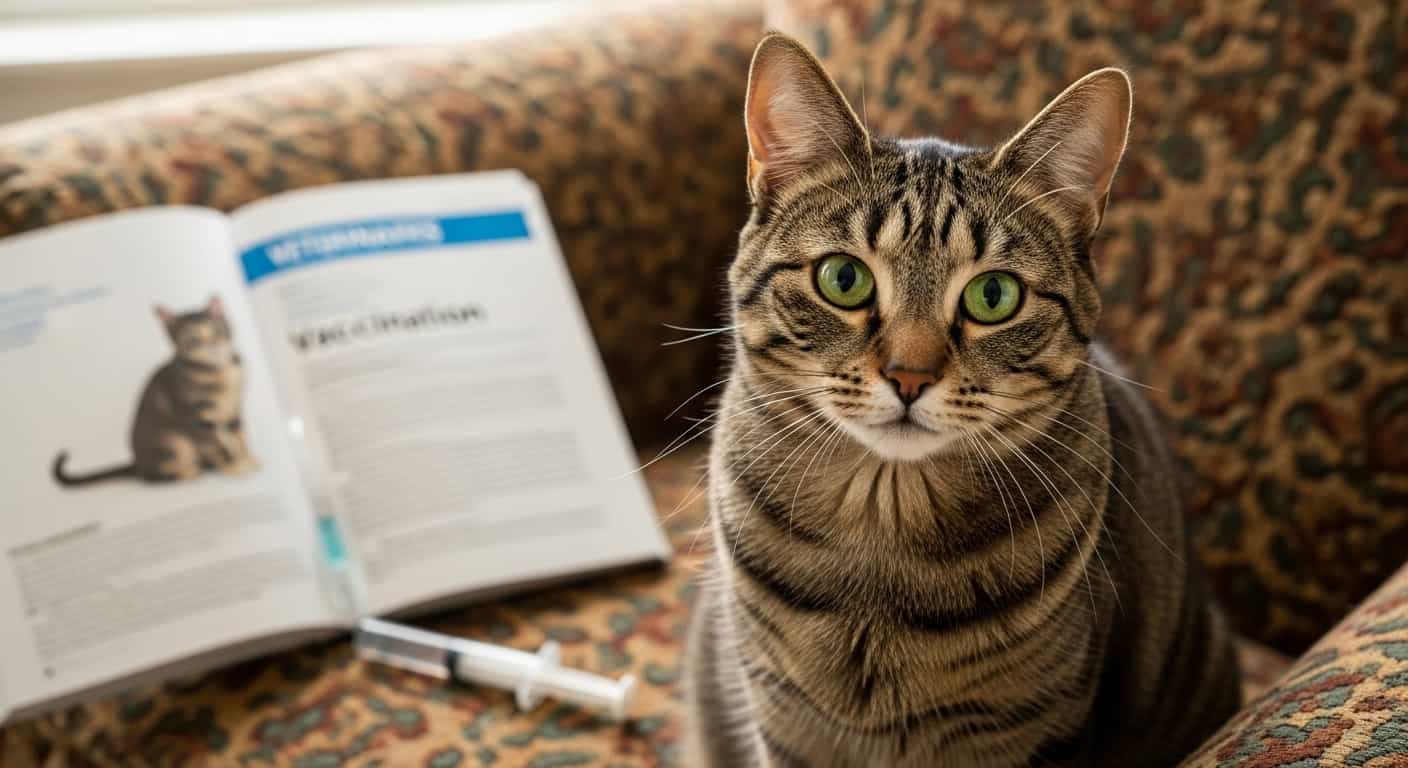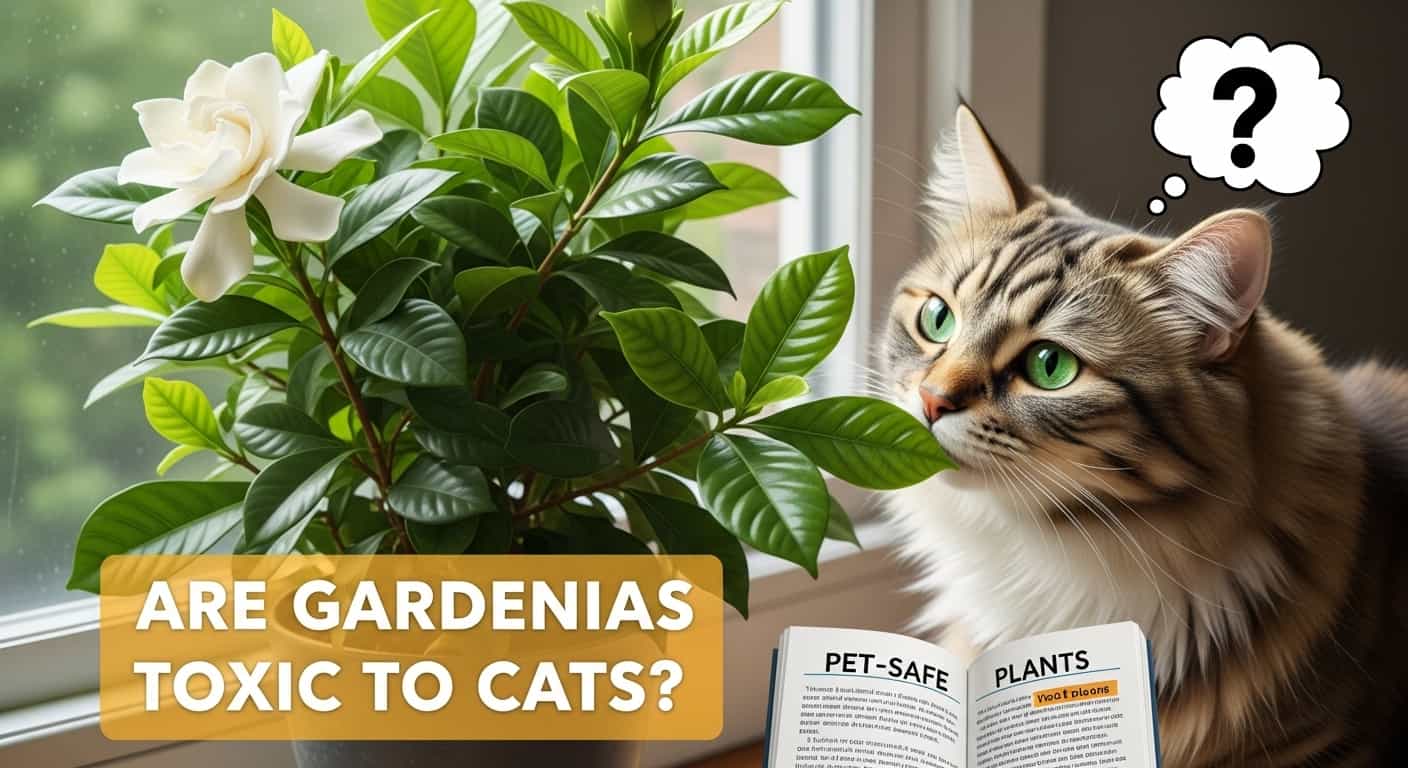Have you ever glanced at your lush garden and wondered if those beautiful hostas could pose a threat to your curious feline friend? You’re not alone.
Table of Contents
ToggleMany cat owners find themselves caught between the desire to cultivate a stunning garden and ensuring their pet’s safety. It’s a dilemma that can keep you up at night, picturing your beloved cat nibbling on leaves and wondering about the consequences.
This article will dive deep into whether hostas are toxic to cats, providing you with the peace of mind you need to keep both your garden and your furry companion thriving. Stick around to discover essential information that could protect your pet and transform your gardening choices.

Credit: www.reddit.com
Hostas And Their Popularity
Hostas are beloved by many gardeners. Their lush foliage adds beauty to gardens. These plants are often the centerpiece in shaded areas. Hostas come in various sizes and colors, making them versatile. Despite their popularity, pet owners worry about their safety for cats.
Characteristics Of Hostas
Hostas have large, heart-shaped leaves. They are often green, blue, or yellow. Their leaves can be smooth or textured. Hostas bloom in summer, showing tall flower spikes. These flowers are usually white or purple. Hostas thrive in shaded and moist soil conditions.
Reasons For Hostas In Gardens
Hostas are low-maintenance plants. They require minimal care once planted. Their ability to thrive in shade makes them ideal for many yards. Hostas add texture and color where other plants might struggle. Their wide variety offers endless design possibilities. Hostas help control weeds with their dense foliage.
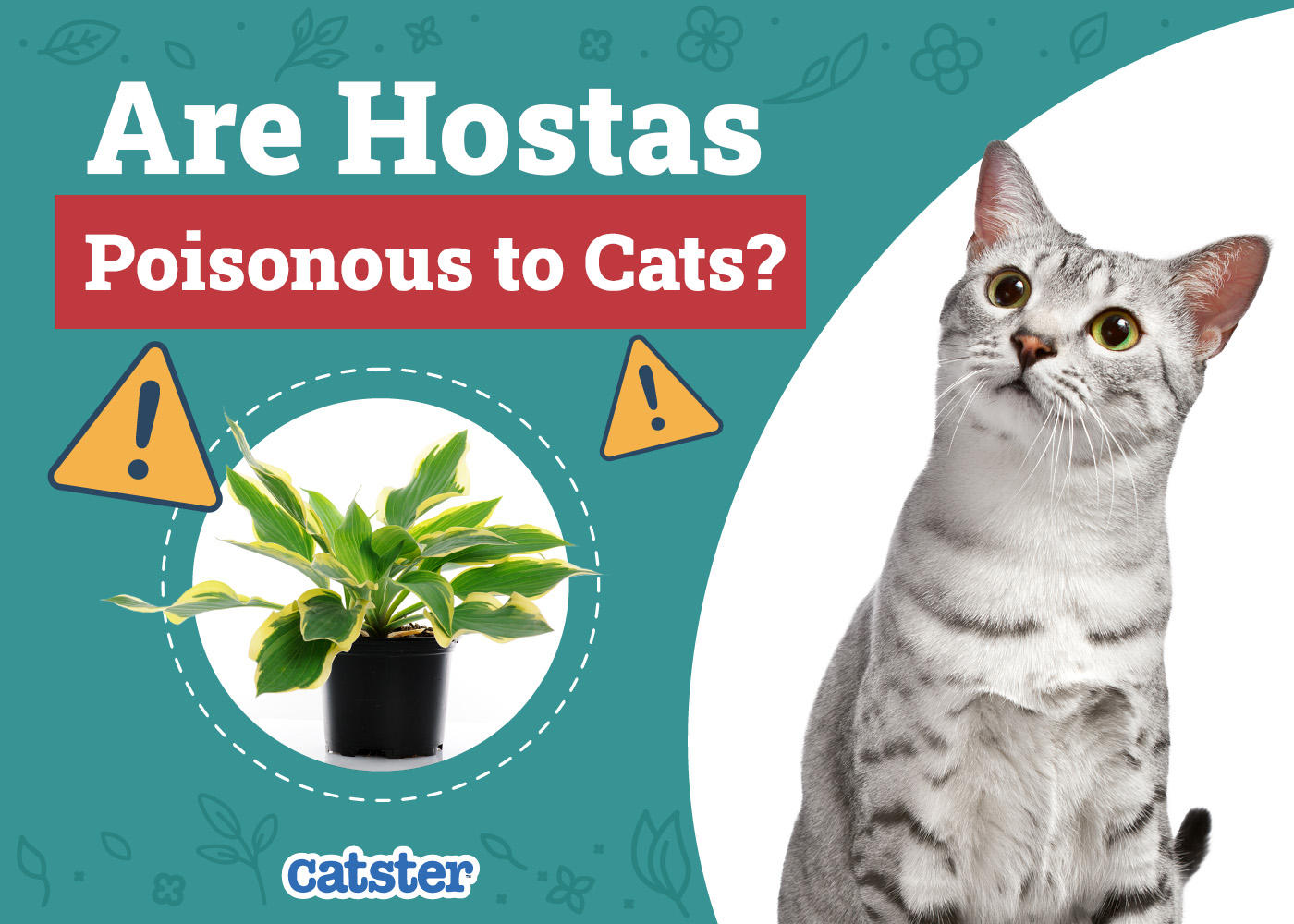
Credit: www.catster.com
Toxicity Concerns For Cats
Hostas are popular plants in many gardens. Their lush foliage attracts garden enthusiasts. But these plants pose a risk to cats. The entire plant is toxic to felines. Cats are naturally curious and may chew on hostas. This can lead to health issues. Understanding the symptoms and actions to take is crucial.
Here's a related post that you might find useful. Are Gardenias Toxic to Cats: Essential Safety Guide
Symptoms Of Poisoning
Hosta poisoning in cats shows several symptoms. Vomiting is common. Cats may also show signs of diarrhea. Lethargy can occur. Drooling might increase significantly. Cats may lose interest in food. Watch for these signs carefully. Early detection is vital.
Immediate Actions To Take
Act quickly if your cat eats hostas. Remove any plant pieces from their mouth. Ensure they stop eating the plant. Call your vet immediately. Provide them with all the details. Follow the vet’s instructions closely. Time is crucial in such cases. It could save your cat’s life.
Hostas’ Chemical Composition
Ever wondered what makes hostas such a concern for your feline friends? The answer lies in their chemical composition. Hostas, a popular garden plant known for their lush foliage, contain compounds that are potentially harmful to cats. Understanding these chemicals is crucial if you want to keep your pets safe.
Toxic Compounds In Hostas
Hostas contain a compound known as saponins. These are natural detergents found in many plants, responsible for creating a soap-like foam when mixed with water. While harmless to humans, saponins can be toxic to cats. They disrupt cell membranes, which can lead to irritation in your pet’s digestive system.
Another compound found in hostas is glycosides. Glycosides can interfere with your cat’s heart and digestive functions. Though not as commonly discussed as saponins, glycosides pose their own risks. They can cause symptoms like vomiting, diarrhea, and lethargy if ingested by cats.
Effects On Feline Health
So, what happens if your cat nibbles on a hosta leaf? The effects can be immediate and distressing. You might notice your cat drooling excessively or pawing at its mouth. These are signs of irritation caused by the saponins.
Over time, consuming hostas can lead to more severe health issues. Vomiting and diarrhea can result in dehydration, a serious condition for cats. If your pet shows signs of lethargy or weakness, it’s a signal that you should consult your vet right away.
Have you ever seen your cat exploring your garden, and wondered about the safety of the plants around? This is a crucial question for any cat owner. Knowing the risks associated with hostas can help you make informed decisions about your garden and protect your furry friend.
Consider the layout of your garden. Are hostas easily accessible to your curious cat? If so, you might want to rethink their placement or opt for safer plant alternatives. It’s a small change that can have a big impact on your pet’s health.
Ultimately, understanding the chemical composition of hostas is more than just knowledge—it’s a step towards a safer environment for your cat. Keep asking questions and stay informed about the plants in your surroundings. Your vigilance can make all the difference.
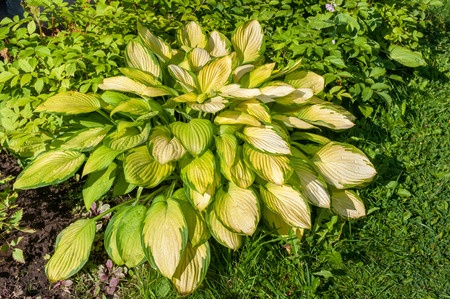
Credit: www.argospetinsurance.co.uk
Here's a related post that you might find useful. Are Morning Glories Toxic to Cats: Essential Safety Tips
Preventive Measures For Cat Owners
Hostas can be harmful to cats, causing symptoms like vomiting and diarrhea. Keep these plants out of your cat’s reach. Consider non-toxic alternatives to ensure a safe environment for your feline friend.
Cats love to explore their surroundings. This curiosity often leads them into trouble. Hostas, common garden plants, can be toxic to cats. Cat owners should take preventive measures to protect their furry friends. This ensures a safe environment for both plants and pets.Safe Plant Alternatives
Not all plants are harmful to cats. Some are safe and beautiful. Consider growing spider plants or Boston ferns. Both are non-toxic to cats. African violets offer vibrant colors without risk. These plants enhance your garden’s beauty safely.Garden Layout Tips
Plan your garden wisely. Place toxic plants out of reach. Use raised beds or hanging baskets. Create a barrier with fencing. This keeps cats away from harmful plants. Designate a specific area for safe plants. This offers cats a safe space to explore. `Veterinary Insights
Understanding whether hostas are toxic to cats is crucial for pet owners. Hostas are popular garden plants. They add beauty to outdoor spaces. Yet, they pose a risk to cats. Veterinary insights provide clarity on this issue. Experts share valuable knowledge. Learn the key facts about hosta toxicity. Keep your feline friends safe.
Expert Recommendations
Veterinarians advise removing hostas from areas accessible to cats. These plants contain saponins. Saponins can cause vomiting and diarrhea in cats. This reaction can lead to dehydration. Experts suggest monitoring your garden plants. Ensure your cats’ safety by choosing non-toxic plants. Consider alternatives like cat-friendly herbs.
Educate yourself on plant toxicity. Understand which plants are safe for cats. Consult with a vet for specific advice. They can provide guidance tailored to your pet’s needs.
When To Consult A Vet
Consult a vet if your cat ingests hostas. Look for symptoms such as vomiting or diarrhea. These signs need immediate attention. A vet can assess the severity of the situation. They can recommend treatment options. Early intervention is key for your cat’s recovery.
Keep emergency vet contacts handy. Time is crucial in poisoning cases. Quick response can make a difference. If unsure about plant safety, ask your vet. They are your best resource for pet care.
Creating A Cat-friendly Garden
Curious gardeners often wonder about hostas’ safety for cats. These popular plants can be harmful if ingested. Symptoms include vomiting and diarrhea. Keeping your feline friends safe means choosing non-toxic plants for your garden.
Creating a garden that’s safe for your feline friends can be a delightful challenge. Cats are curious creatures that love to explore, and they often nibble on plants during their adventures. Unfortunately, not all plants are safe for them. Hostas, for instance, are a common garden plant that is toxic to cats. By choosing the right plants and designing safe spaces, you can create a haven where your cats can roam freely without any risk to their health.Choosing Non-toxic Plants
When planning your garden, picking non-toxic plants is crucial. Consider opting for cat-safe plants like catnip, chamomile, or lavender. These plants not only beautify your garden but also provide a safe environment for your cats. List potential plants that are known for being harmless. It’s a rewarding experience to see your cat relax among them. Before making a final decision, check with a vet or reliable resources to confirm the safety of each plant. Your garden should be a sanctuary, not a danger zone.Designing Safe Spaces
Creating safe spaces in your garden isn’t just about plants. It’s about the entire environment. Think about fencing options that keep your cat in while keeping potential dangers out. Consider adding shaded areas where your cat can escape the sun. A small water feature or bird bath can attract wildlife, adding interest and entertainment for your cat. Evaluate the garden from a cat’s perspective. Are there places where they could get stuck? Are there sharp objects that could harm them? Every element you add should contribute to a safe and enriching space. Your cat deserves a garden where they can explore without fear.Frequently Asked Questions
Are Hostas Dangerous For Cats?
Yes, hostas are toxic to cats. They contain saponins that can cause vomiting, diarrhea, and lethargy in cats. If ingested, contact a veterinarian immediately for advice and treatment. Keeping hostas out of reach can prevent accidental ingestion and ensure your cat’s safety.
What Symptoms Do Cats Show After Eating Hostas?
Cats may exhibit vomiting, diarrhea, and lethargy after ingesting hostas. These symptoms occur due to saponins present in hostas. Immediate veterinary attention is recommended if your cat shows these signs. Quick action can help prevent more severe health issues and ensure your cat’s well-being.
How Can I Keep My Cat Away From Hostas?
To keep cats away from hostas, use physical barriers like fences or plant hostas in inaccessible locations. Consider alternative pet-safe plants in your garden. Supervise your cat outdoors and train them to avoid certain areas to ensure their safety and well-being.
Are All Parts Of Hostas Toxic To Cats?
Yes, all parts of hostas are toxic to cats. Leaves, stems, and roots contain harmful saponins. If a cat ingests any part, it can lead to health issues. Always monitor your cat outdoors and remove hostas from areas they can access to prevent accidental ingestion.
Conclusion
Hostas can pose a risk to cats. Their leaves contain saponins. These can upset your cat’s stomach. Keep hostas away from curious cats. Consider safer plants for your home. Protecting your feline friend is important. Always choose pet-friendly garden options.
Monitor your cat if it eats hostas. Contact a vet if symptoms appear. Prioritize your pet’s health and safety. Your cat’s well-being matters most.

